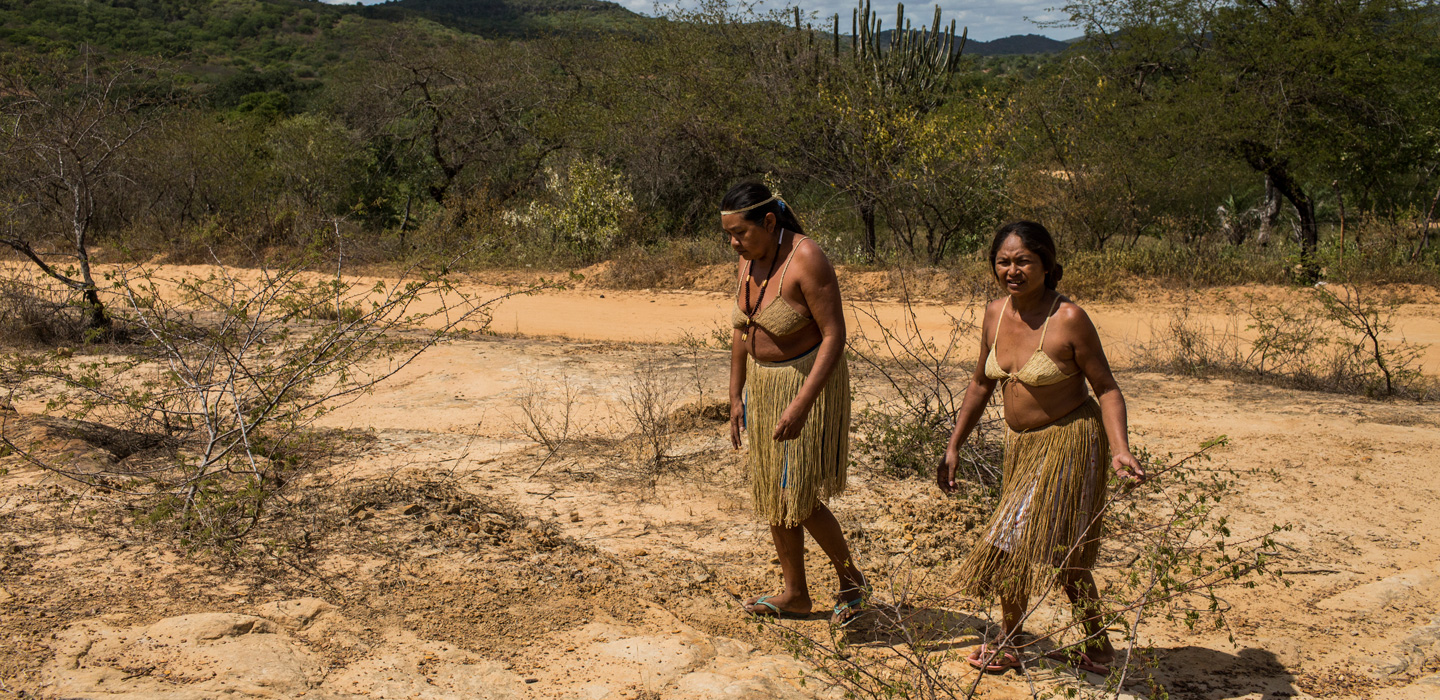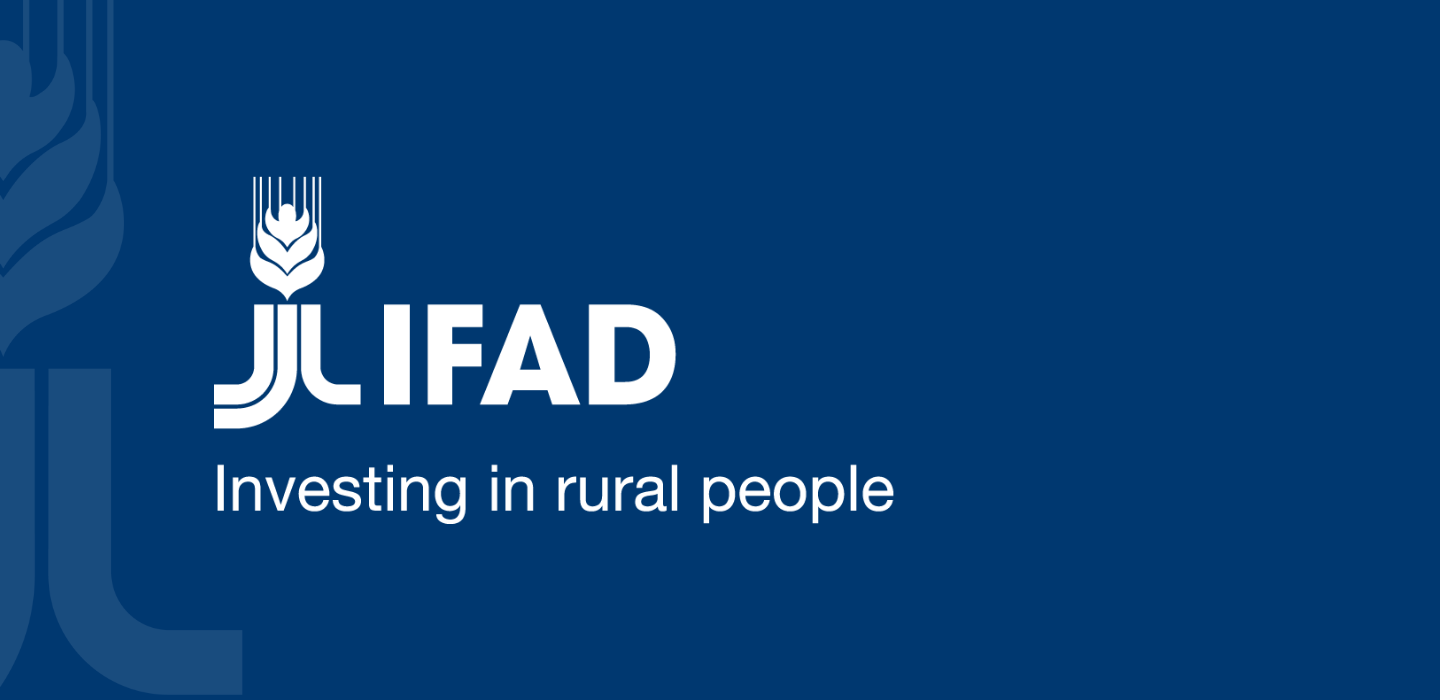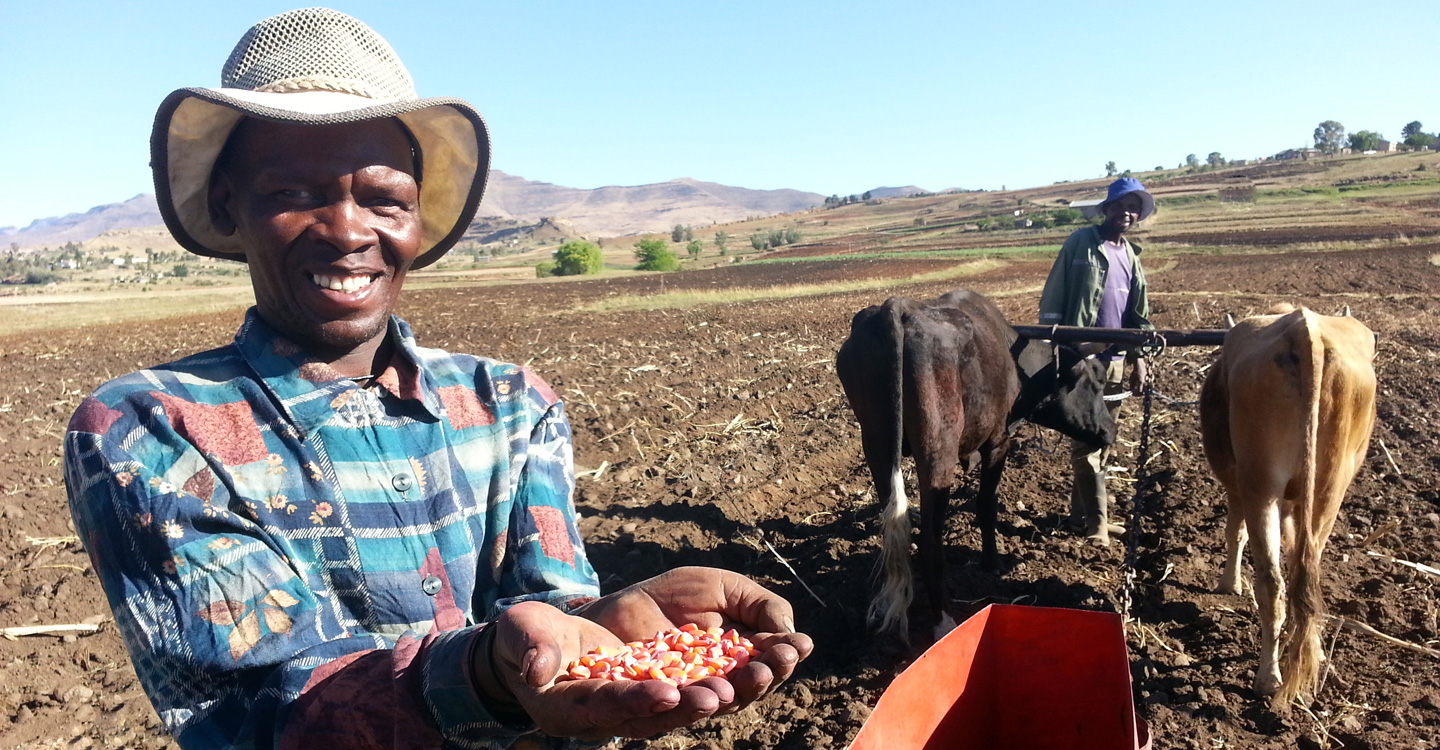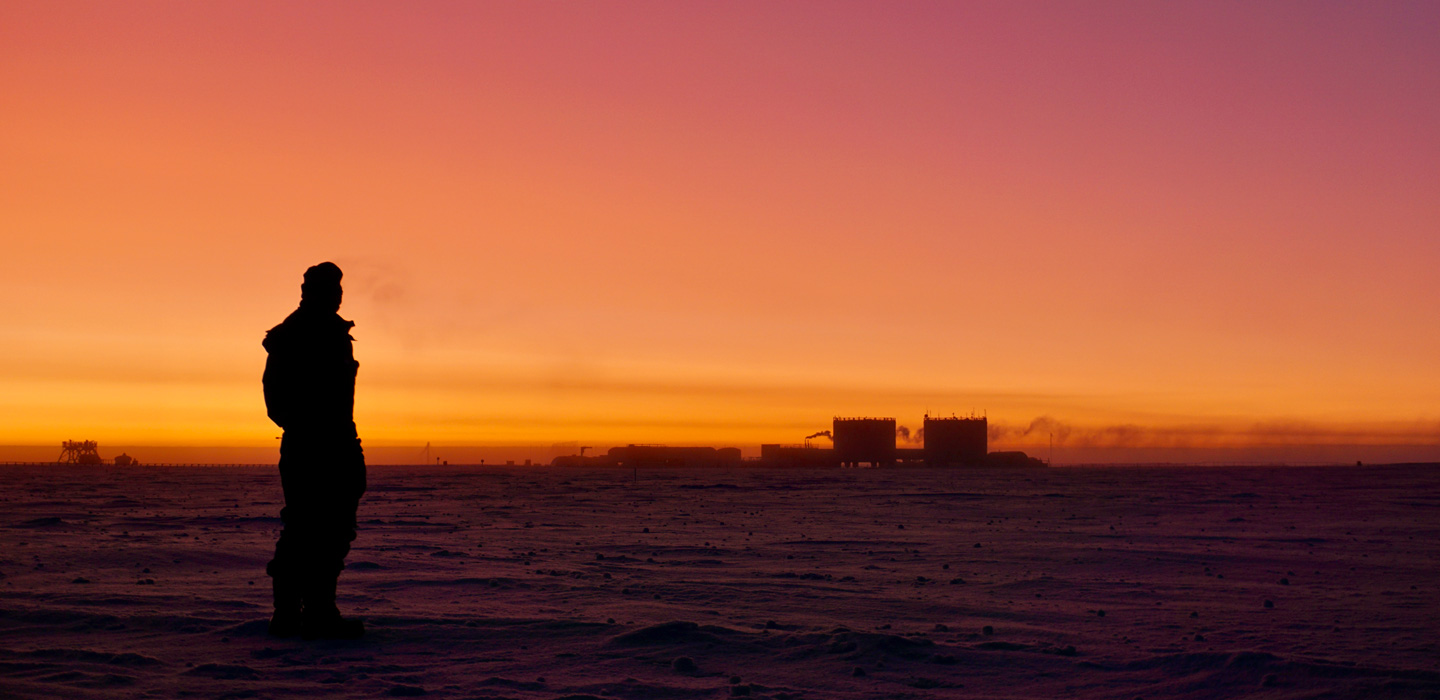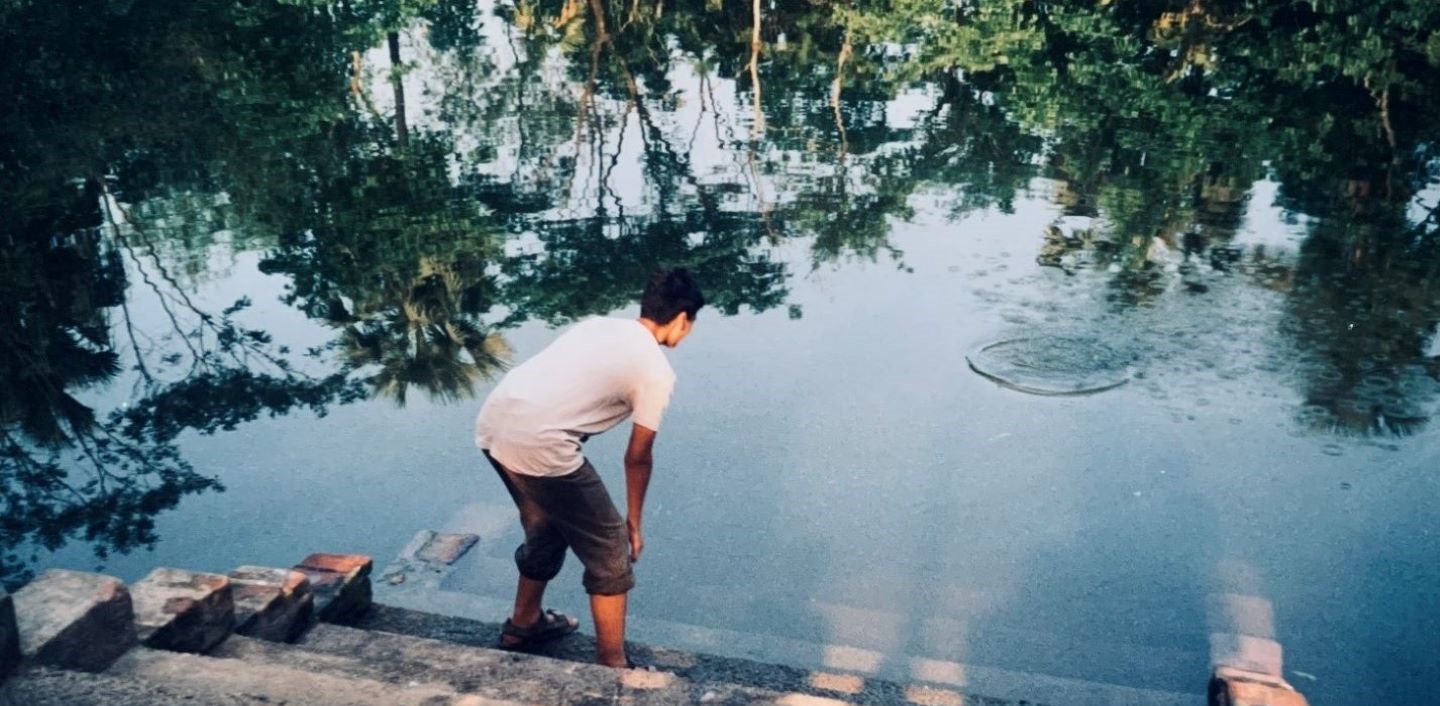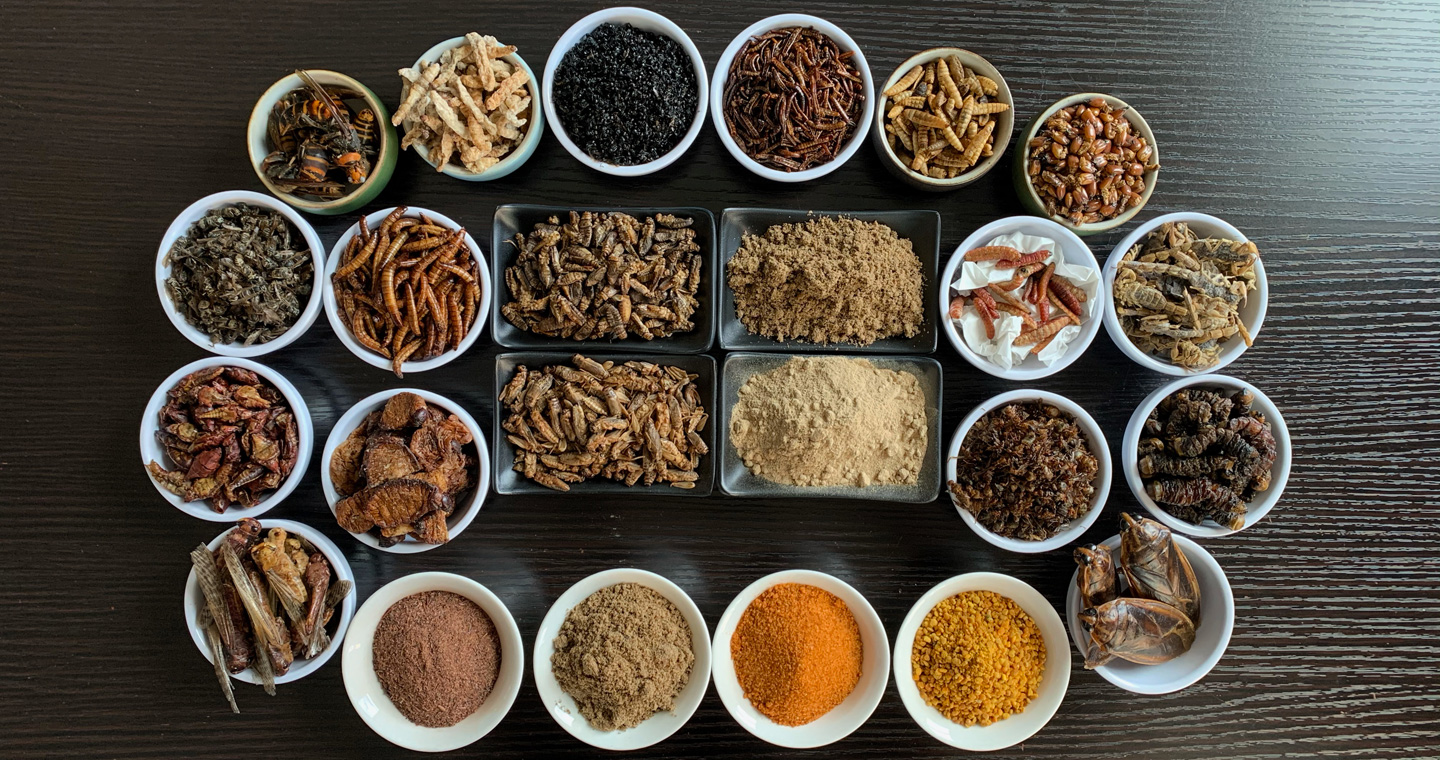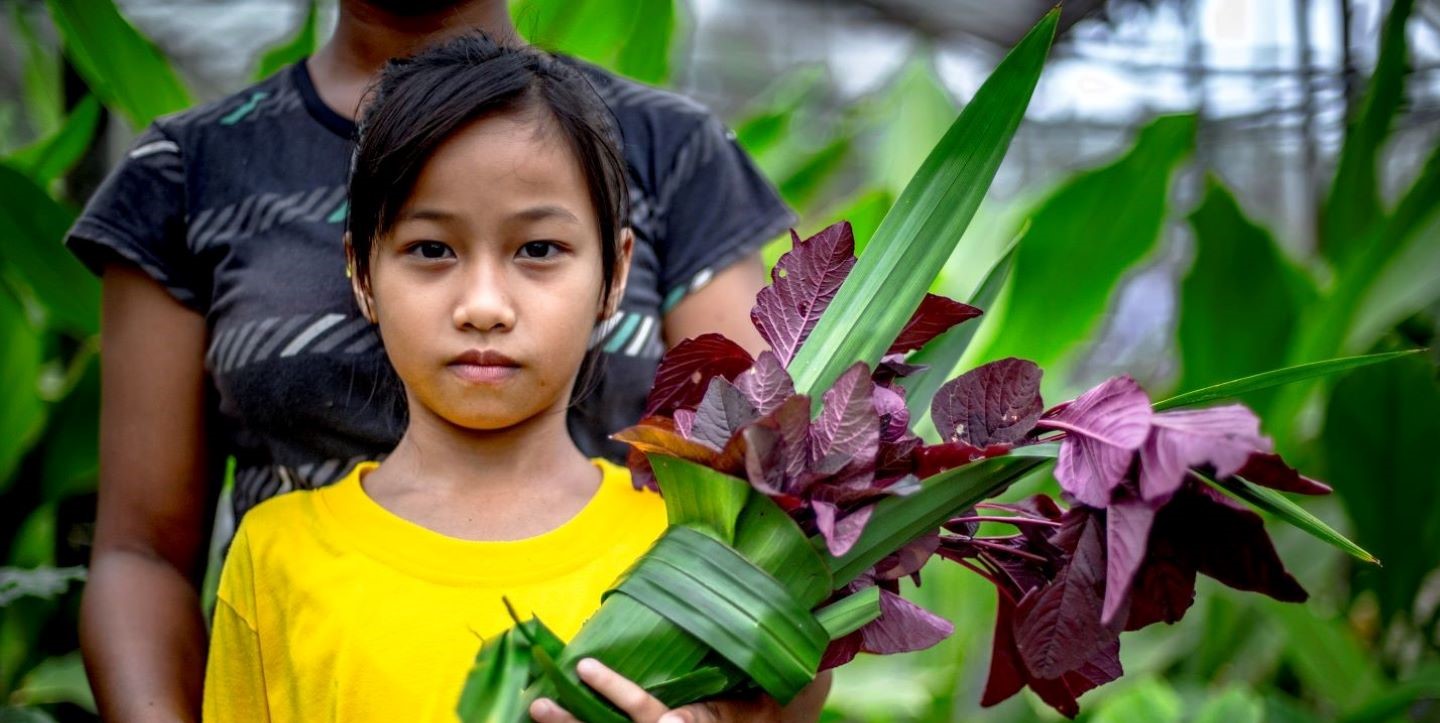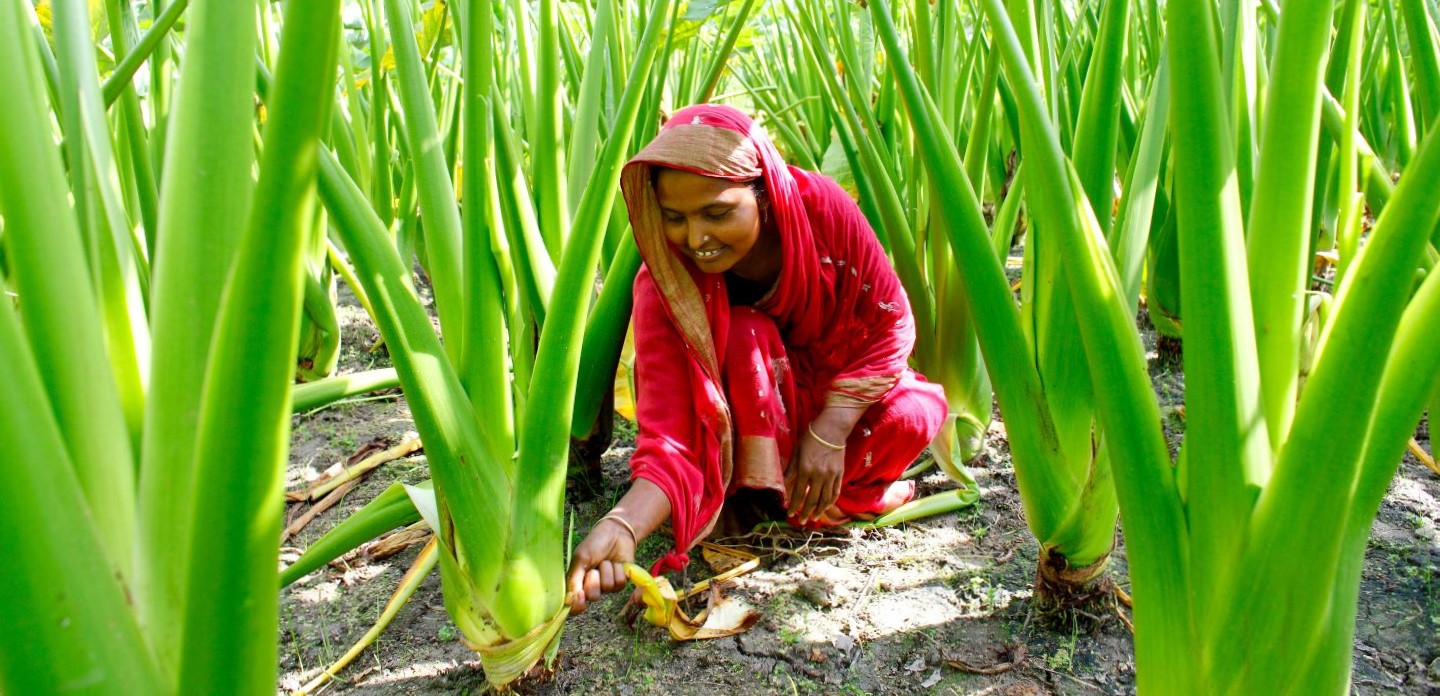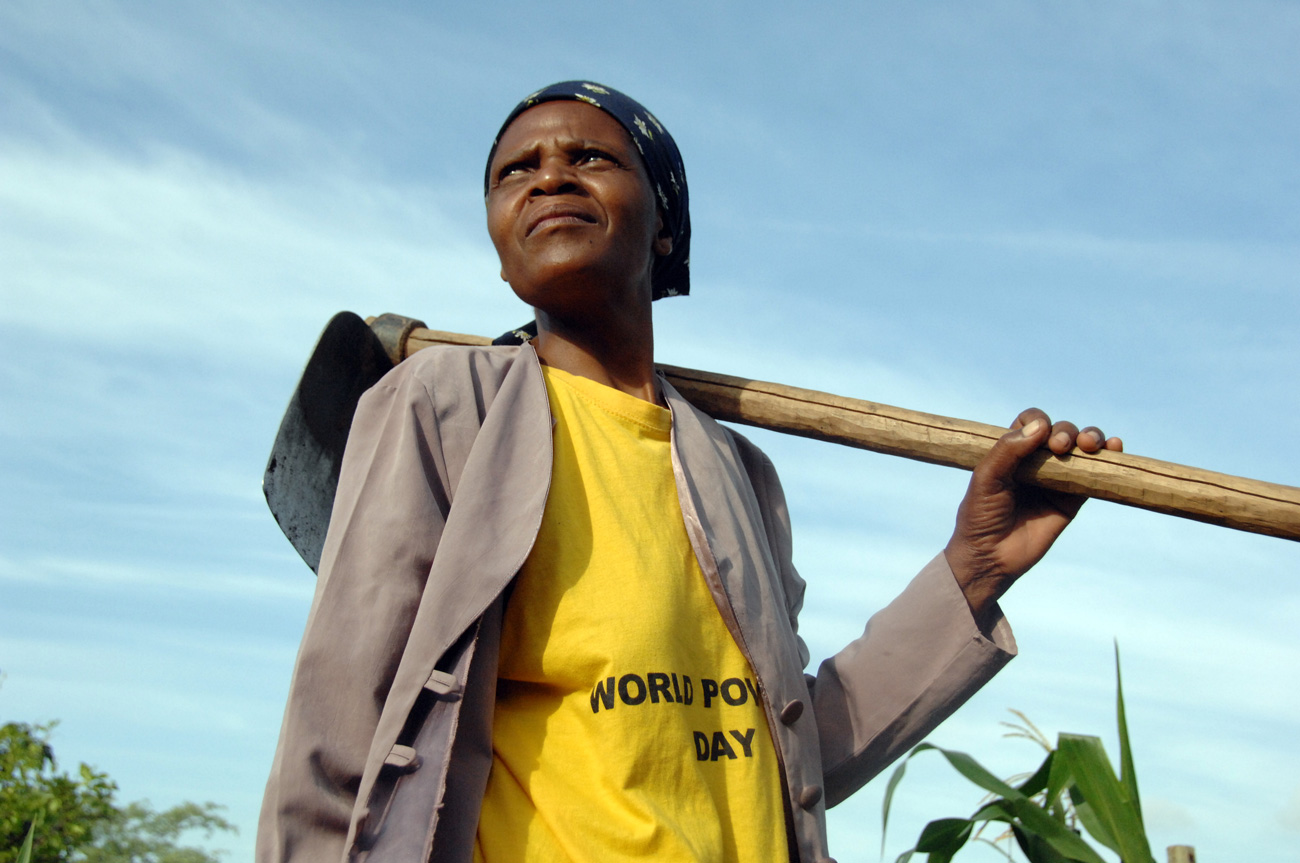Latest
Latest

Latest
Manual Submenu Topics
SearchResultsFilters
Search Results
Brazil’s semi-arid region is full of life
Brazil’s north-eastern semi-arid region, known as sertão, is a land rich in culture and enchanting landscapes, but the harsh climate and lack of water make it difficult to earn a living here. However, over recent decades, modern ingenuity has combined with traditional mutual aid systems to help communities make the most of the region’s natural resources.
IFAD and Government of Uttarakhand partner to double rural incomes and build climate resilience in the state
IFAD and the Government of India signed a US$ 105 million financing agreement last week for a project in the northern state of Uttarakhand that aims to double rural incomes, reaching over half a million families across the state. It will do this by supporting smallholder farmers, agricultural labourers, and micro and small agribusinesses to start and expand competitive businesses and focus on food production that is climate-resilient.
More climate finance in support of small-scale farmers is urgently needed, warns IFAD at Stockholm+50
Boosting investments to help small-scale farmers adapt to the impacts of the climate crisis is more urgent than ever, warned IFAD at the United Nations Conference Stockholm+50.
It’s been 50 years since the first Stockholm Conference. What have leaders done to protect our planet since?
In June 1972, members of the United Nations gathered in Stockholm for the first-ever conference on protecting the environment. Fifty years later, global leaders are returning to where it all began to decide where we go from here.
The people of Bangladesh are resilient, but without urgent climate action, the future of this fascinating country is uncertain
Journalist and documentary maker Qasa Alom recently visited Bangladesh with IFAD. He reflects on how climate change is affecting its people and what IFAD is doing to support them.
Insects to Feed the World – Episode 32
This month's episode focuses on the use of insects to feed the world – both as food for humans and feed for livestock.
Our planet is losing its biodiversity. Here are five ways IFAD and rural people are protecting it
Biodiversity is the key to all the essential benefits we get from nature: from clean air to our ability to regulate the climate. At IFAD, we integrate protecting biodiversity into everything we do.
How farmers around the world are protecting nature’s delicate balance – and reaping the rewards
Healthy ecosystems are diverse ecosystems. And at IFAD, we believe that small-scale farmers are amongst the greatest stewards and beneficiaries of biodiversity.
As COP15 tackles desertification, here are three ways IFAD is helping farmers in sub-Saharan Africa build their resilience to climate change
Sub-Saharan Africa’s drylands – that is, the areas where more water is lost through evaporation than gained through rainfall – are facing widespread degradation. There are many factors causing this, but one of the most prominent is the use of agricultural practices that aren’t adapted to the land, such as overgrazing and intensive agriculture.
